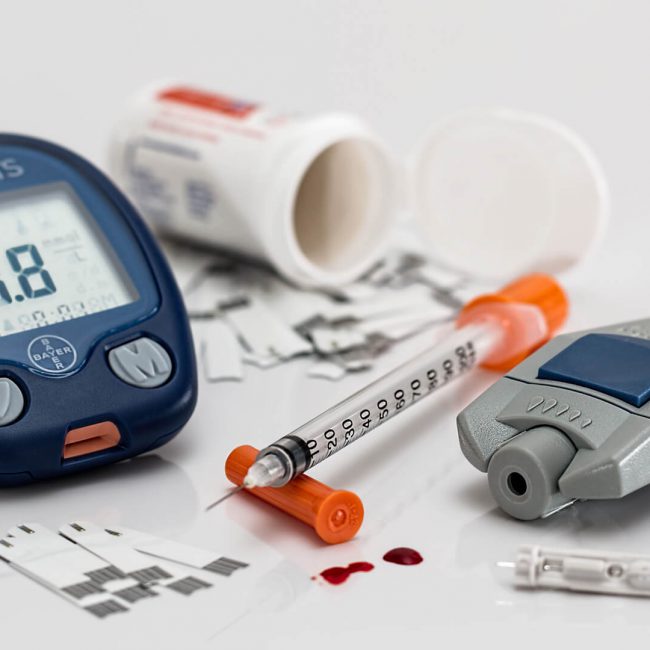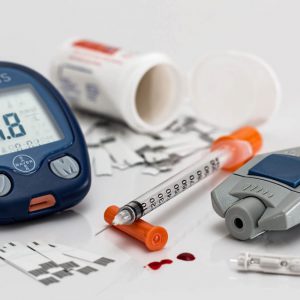The chikungunya virus infects humans through the bite of a mosquito. It causes fever and joint pain. It is rarely fatal, but the symptoms can be severe, long-lasting, and debilitating.
Laboratory diagnosis is generally accomplished by testing serum or plasma to detect virus, viral nucleic acid, or virus-specific immunoglobulin (Ig) M and neutralizing antibodies.
IgM and IgG Negative:
-No serologic evidence of exposure to Chikungunya virus. Repeat testing on a new specimen collected in 5 to 10 days is recommended if clinical suspicion persists.
IgM and IgG Positive:
-IgM and IgG antibodies to Chikungunya virus detected, suggesting recent or past infection. IgM antibodies to Chikungunya virus may remain detectable for 3 to 4 months postinfection.
IgM Positive, IgG Negative:
-IgM antibodies to Chikungunya virus detected, suggesting recent infection. Repeat testing in 5 to 10 days is recommended to demonstrate anti-Chikungunya virus IgG seroconversion to confirm current infection.
IgM Negative, IgG Positive:
-IgG antibodies to Chikungunya virus detected, suggesting past infection.
IgM and/or IgG Borderline:
-Repeat testing in 10 to 14 days is recommended.



